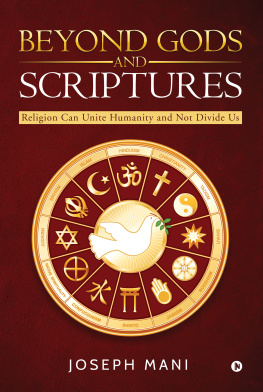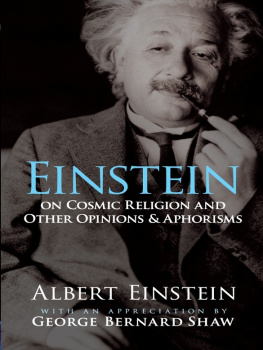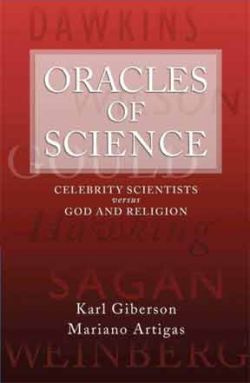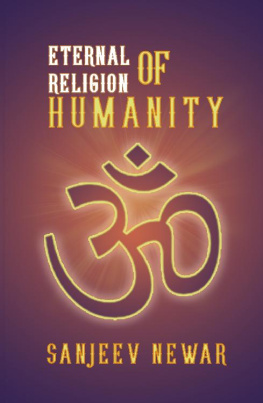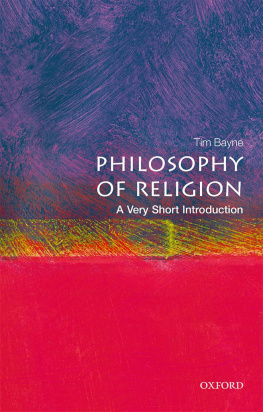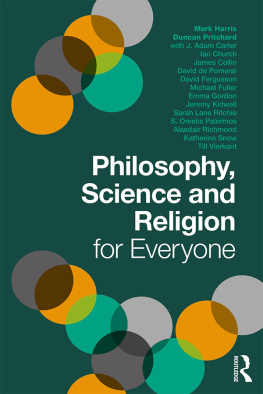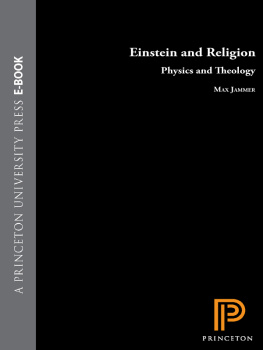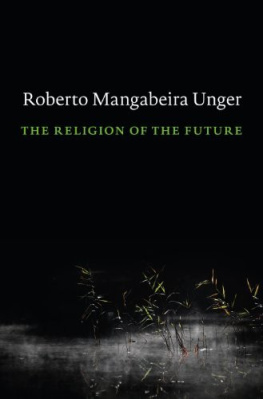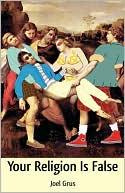
In Loving Memory of:
My dear parents Mani & Mariam
And
Mathai & Naithi
John
Jolly
With love and affection to:
Chinnamma
Thommachan
Mary
Babu
Chackochan
Ressy
Annamma
Jose
And
Monisha
Authors Often Quoted in This Book
Davies, Paul
Is a physicist with research interest in the fields of black holes, cosmology and quantum gravity.
Is Professor of Natural Philosophy at the University of Adalaide and is also associated with many other institutes and organizations.
Has published numerous specialist papers. Books include God and the New Physics , The Cosmic Blueprint and The Mind of God . Awards include Advance Australian Award and two Eureka Prizes for his contribution to Australian Science and The Templeton Prize. He believes in the existence of God though slightly different from the traditional God of Christians.
Was born in 1946 in London. Emigrated to Australia in 1990.
Dawkins, Richard
Is an evolutionary biologist and ethologist. Is an emeritus Fellow of New College, Oxford and was the universitys Professor for the Public Understanding of Science from 19952008.
Has written numerous books including The Selfish Gene, The God Delusion and The Blind Watchmaker . Fellow of both Royal Society and Royal Society for Literature. Awards include Royal Society of Literature Award, Michael Faraday Award and The International Cosmos Prize for Writing about Science. Is said to be an aggressive atheist.
Was born in 1941 in British Kenya.
Gamow, George
Was a nuclear physicist and cosmologist. Worked on radioactive decay, Big Bang theory, star formation and DNA research.
Books include Gravity , One, Two, Three Infinity and Mr. Tomkins (a series of science books for children). Awarded Kalinga Prize by UNESCO. Was an atheist.
Born in 1904 in Odessa in the Russian Empire. Moved to America in 1934. Died in 1968 at the age of 64.
Lennox, John. C
Is Professor emeritus of Mathematics at the University of Oxford and Fellow in Mathematics and Philosophy of Science at Green Templeton College.
His debate with Richard Hawkins on the latters book The God Delusion is one of the numerous debates he has been on and his book Gods Undertaker Has Science Buried God ? is his counter to Dawkinss book. Two of his other books are Christianity: Opium or Truth? and Seven Days That Divide the World The Beginning According to Genesis and Science . Is a Christian apologist.
Was born in 1943 in Northern Ireland.
Sagan, Carl
Was Director of the Laboratory for Planetary Studies and David Duncan Professor of Astronomy and Space Sciences at Cornell University. Played a leading role in the Mariner, Viking and Voyage expeditions.
Books include Cosmos , Intelligent Life in the Universe , The Cosmic Connection and the science-fiction novel Contact . His Gifford Lectures have been edited and published as a book titled The Variety of Scientific Experience A Personal view of the Search for God . Awards include the NASA Award for Exceptional Scientific Achievement and the Pulitzer Prize .
Was among the first to alert the public to the danger of global warming and the potential climatic consequences of nuclear war. Had worked tirelessly to forge an alliance between religious people and scientists to protect the environment, though he did not believe in a personal God.
Was born in 1934 in New York and died of pneumonia in 1996.
Sautoy, Marcus Du
Is a mathematician and Professor for the Public Understanding of Science at Oxford.
Best-selling author of Music of the Primes and The Great Unknown . Awards include the Berwick Prize, given to Britons most outstanding young mathematicians. Is an atheist though he has raised his children in the Jewish faith.
Born in 1965 in London.
Tyson, Neil Degrasse
Is an astrophysicist with the American Museum of Natural History and Director of the Hayden Planetarium.
Books include Death by Black Hole and Astrophysics for People in a Hurry . Awards include the NASA Distinguished Public Service Medal. Considers himself an agnostic.
Was born in 1958 in New York City.
Zacharias, Ravi
Is a Christian preacher and founder of Ravi Zacharias International Ministries with HQ in the U.S and additional offices in six countries. Weekly radio programmes Let My People Think and Just Thinking are heard from a combined 2,104 stations worldwide.
Books include Jesus Among other Gods and Why Jesus? Awarded the Gold Medallion Book Award for his book Can Man Live Without God?
Born in 1946 in Chennai, India. Descendant of Christian converts from Kerala Nambudiri Brahmins. Lives with his family in the state of Georgia, U.S.
Chapter I
Unquestioned Acceptance of Scriptures Is It Warranted?

In Hindu theology there are two kinds of Scriptures Sruti and Smruti . Sruti means heard and Smruti means remembered. Sruti Scriptures are those which were directly dictated by God. The Vedas and the Upanishads fall into this category. These are considered to be of a higher order. Smruti scriptures, on the other hand, are stories remembered from accounts orally passed down from generation to generation. The puranas or mythological stories fall into this category. These are of a lower order and considered not as holy or sacred as the Sruti Scriptures. In Judaism and Christianity all Scriptures are considered Sruti directly dictated or inspired by God. The writers of the Scriptures were mere scribes who faithfully wrote down what they were told by God. In Islam, the Quran is Sruti while the hadith, the sayings of the Prophet, is seen as more flexible since they were put down in writing two hundred years after the death of Muhammad.
Most religious people accept their Scriptures as truth, to be accepted without question. The Oxford mathematician John C. Lennox says I regard the Bible as my principal source of authority.
Is this a rational stance? We see the TV serial Ramayana or the movie Ben Hur . We enjoy these. But we do not take everything depicted on the screen to have actually happened the way it is shown. Why then should we think the stories on which these movies are based are to be taken at face value?
Is whatever is written in the Holy Books true and factual?
I shall talk about the Bible because that is the Scripture I am most familiar with. But what is said about the Bible could be applicable to Scriptures of other religions too.
What Is the Evidence That the Bible Is Revealed Truth?
The only evidence is my belief.
M/s Norman Geisler and Thomas Howe have made millions by writing books about Christianity. In one of their books titled When Critics Ask they set out to prove that everything said in their version of the Bible is absolutely true, not only about theological matters, but every statement in the Bible about history, geography and everything else. (They also set out to prove that Catholicism, another brand of Christianity but different from theirs, is the creation of the Devil)
How do they prove these assertions? They use syllogism.
Syllogism was originally developed by Aristotle. Later St. Thomas Aquinas used it extensively to prove that teachings of the Catholic Church are true. Now Geisler and Howe use syllogism to prove that everything written in the Bible is literally true.
Syllogism is based on deductive logic as opposed to inductive logic. The way a syllogism works is: There is a Major Premise, a Minor Premise and a Conclusion. It you accept the Major and Minor Premises the Conclusion follows and you cannot then dispute it because the conclusion is logically deduced from the Major and Minor premises.
Next page
